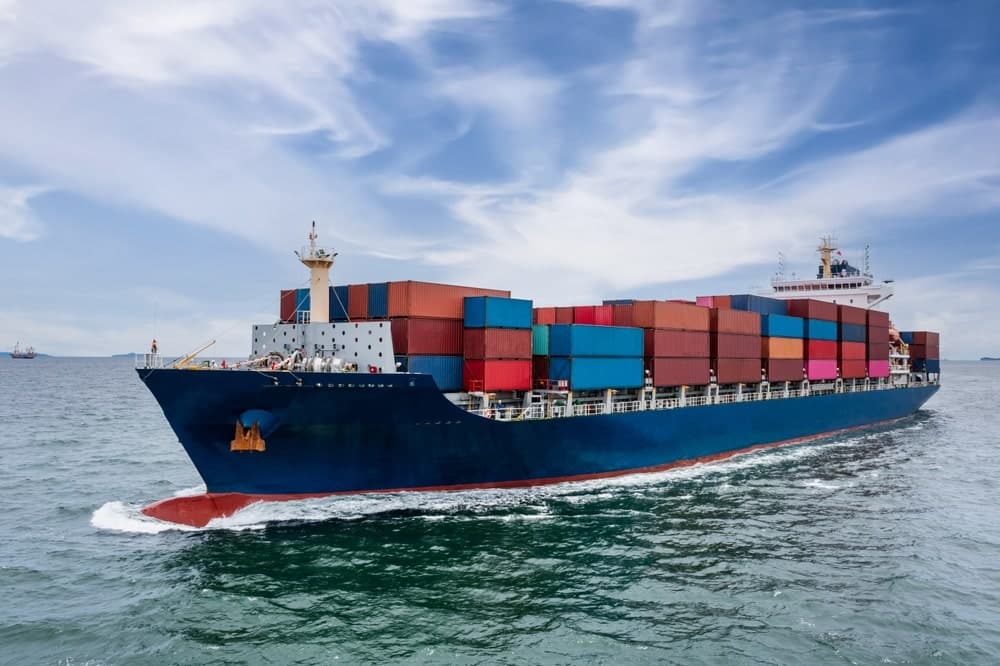International shipping is an essential part of global commerce, connecting suppliers, manufacturers, and consumers across borders. However, the process is complex and fraught with potential challenges that can quickly turn a simple shipment into a costly logistical nightmare. Many businesses, particularly those new to international trade, often overlook hidden pitfalls that can result in delays, additional expenses, or even lost cargo. Below are some of the most common but often unnoticed obstacles in international shipping that companies should be aware of.
- Customs Delays and Documentation Errors
Incomplete or inaccurate documentation is a frequent cause of shipping delays. Forms such as bills of lading, commercial invoices, or certificates of origin must be properly filled out. Even a small error in the classification, description, or valuation of goods can lead to customs hold-ups, fines, or confiscation of shipments. Misclassification of goods under the wrong Harmonized System (HS) code, for example, can result in incorrect duties being applied and further penalties.
- Incoterms Misunderstandings
Many businesses misunderstand Incoterms (International Commercial Terms), which define the responsibilities of buyers and sellers during the shipping process. These terms determine who is responsible for customs clearance, insurance, and risk at various stages. A common pitfall is confusion between terms like “FOB” (Free on Board) and “CIF” (Cost, Insurance, and Freight), which can result in disputes over liability when unexpected issues like cargo damage arise.
- Import/Export Regulations and Tariff Changes
Trade policies and tariffs are constantly shifting, and unexpected changes in duties can significantly increase the cost of importing or exporting goods. Companies often fail to anticipate these fluctuations, which can result in sudden budget overruns. Additionally, certain goods, such as pharmaceuticals or electronics, are subject to strict import or export regulations. Failing to secure the necessary certifications or licenses can lead to delays or the seizure of shipments.
- Insurance Gaps and Risks
Many businesses assume their shipments are fully insured, but often the carrier’s liability is limited and does not cover the full value of the goods. Without adequate cargo insurance, companies may face significant financial losses if their goods are lost, damaged, or stolen. Furthermore, businesses might not prepare for contingencies such as natural disasters or political instability, which can cause lengthy delays or damage to cargo.
- Port Congestion and Capacity Limitations
Port congestion is a growing issue in global trade, particularly during peak seasons or after major disruptions like the COVID-19 pandemic. Ships may face long delays at ports, significantly affecting delivery times. Capacity limitations on vessels can also result in challenges, as businesses might struggle to secure space for their goods, leading to further delays and increased costs.
- Freight Waste Disposal and Environmental Regulations
One overlooked aspect of shipping is waste disposal. At destination ports, shipping materials such as pallets, packaging, and hazardous waste (e.g., chemicals or batteries) often require specific handling and disposal. Failure to comply with local environmental regulations can lead to hefty fines or delays. Certain countries enforce strict recycling and freight disposal standards, so businesses may incur extra costs if they don’t plan for sustainable disposal or the return of packaging materials.
- Currency Fluctuations and Payment Terms
Fluctuations in exchange rates can erode profit margins when dealing with international suppliers. Businesses that don’t hedge against currency risks may end up paying significantly more for their shipments than anticipated. Additionally, differing expectations around payment terms in various countries—such as prepayment versus post-delivery—can lead to disputes or cash flow issues if not properly managed.
- Packaging and Handling Requirements
International shipping often involves harsher conditions than domestic shipping. Packaging that works for local deliveries may not meet international standards, especially for fragile or temperature-sensitive goods. Businesses sometimes neglect climate considerations, leading to damaged goods due to humidity or extreme temperatures during transit.
- Hidden Fees from Carriers
Carriers often charge hidden fees such as demurrage, detention, or fuel surcharges that aren’t immediately apparent. If goods are not picked up from ports or warehouses within a specified timeframe, additional fees can accumulate. These unplanned costs can add up quickly, especially if logistics are not tightly coordinated.
- Cultural and Language Barriers
Finally, cultural and language differences can lead to misunderstandings that delay shipments or lead to compliance issues. Miscommunication between shipping agents, customs officials, or customers due to language barriers can affect delivery terms and regulations. Additionally, different countries may have unique business practices, making it crucial for businesses to be aware of local customs to avoid conflicts.
Conclusion
International shipping is riddled with potential pitfalls that can lead to unexpected costs, delays, and disputes. By understanding and planning for these hidden challenges—such as customs delays, waste disposal, and insurance gaps—businesses can mitigate risks and ensure smoother, more efficient international transactions. Being proactive in addressing these issues will help avoid costly mistakes and safeguard profit margins.

